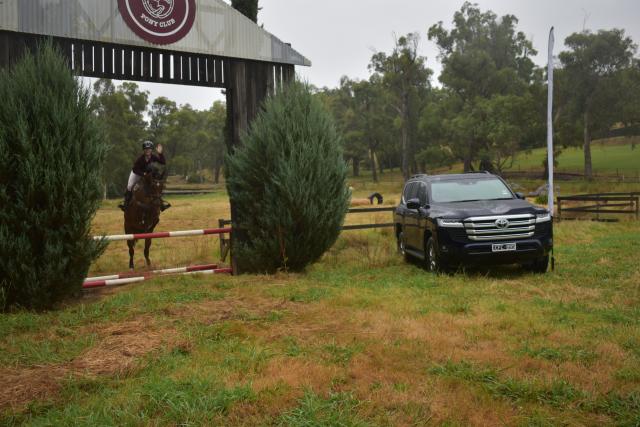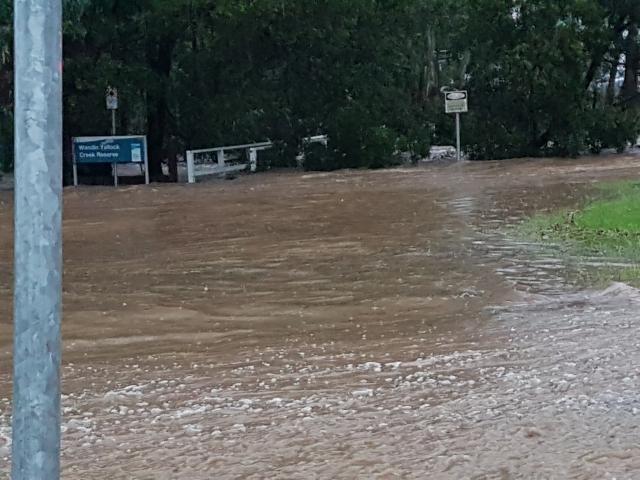By Callum Ludwig
Agriculture Victoria is reminding horse owners they must register for a Property Identification Code (PIC), an important measure for protecting their ponies.
All Victorians with livestock, including horses are legally required to hold a PIC, an eight-character code that assists in contacting and tracing owners and their livestock, particularly in the event of an emergency.
Agriculture Victoria’s Manager Livestock Traceability Ben Fahy said in a statement that PICs provide horse owners with an extra level of protection during emergencies.
“If there’s a flood, fire or disease outbreak, we may need to reach out with concerns specific to your animals, or for emergency relief and recovery activities within an impacted area,” he said.
“Getting a PIC is quick, easy, and free via the Agriculture Victoria website – all that’s required is your contact details, the number of horses and the parcels of land where they’re kept.”
In the last two years, Yarra Ranges horse owners have had to tackle the June 2021 storm event and the October 2022 floods which threatened properties all over the region.
Treasurer of the Seville Pony Club Katie Gray said in an emergency, every second counts.
“Many pony club families suffered extensive damage in last year’s floods such as washing away of arena sand and foundations, washing away of gravel driveways and some member houses suffered extensive damage and are now considered unliveable,” she said.
“Though not pony club horses, there were a number of reports of flooded properties with horses having no dry ground to stand on. At the pony club, we had damage to our riding facilities, with extensive loss of sand, damage to the base of the arena and damage to drainage.”
Horse and livestock owners are encouraged to regularly update their PIC details when circumstances change, such as a change in address, the addition of new species of livestock or changes to personal details.
Ms Gray said storms and bushfires are two other emergencies that horse owners may face locally.
“In the significant storms of 2021, we had over 20 trees down with some on fences. There is a risk that horses can escape when fence lines are not secure and they can also become spooked with trees falling, high winds, thunder, lightning and run through fences and at times escape properties,” she said.
“Whilst we haven’t had much of a bushfire scare in the last few years, prior to that we had a number of watch and act alerts. For pony club families this can mean loading up horses for transport and or leaving some horses behind.”
Ms Gray recommended that for any animals left behind, owners should consider removing rugs and writing mobile numbers on the horses.
When livestock is transferred between owners, whether sold, given away or bartered, the PIC of where the animals are kept must be included in any advertisement.
Ms Gray said for the purpose of the speed of communication, a PIC code is important.
“Having a PIC streamlines the process of contacting landowners of natural disasters that may affect them and this should make it easier and faster to get in touch in emergencies,” she said.
“Also up in New South Wales and Queensland, they have had issues with disease outbreaks such as Ross River and Hendra virus, a PIC code would be very helpful in contact tracing.”
Local horse owners can register for a PIC at www.agriculture.vic.gov.au/horsepic or ny calling 1800 678 779.








